
extreme poverty
-
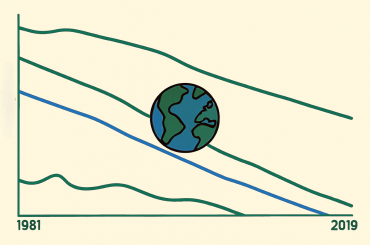
How has global poverty fallen
Extreme poverty has declined drastically. Evidence from China, India, Indonesia, Mexico and South Africa sheds light on how this unfolded.
-

Rethinking how we measure extreme poverty
Is it time for a new measure of extreme poverty?
-

Dominant buyers and rural development: Evidence from China
Agricultural markets in developing countries might be insufficiently competitive. A case study of cigarette manufacturer reforms in China casts new light on the adverse consequences of imperfect competition on rural poverty and economic growth.
-

Can psychosocial interventions make anti-poverty programmes more cost-effective? Evidence from Niger
A community-level film event and group-based life skills training can improve the cost-effectiveness of anti-poverty programmes
-
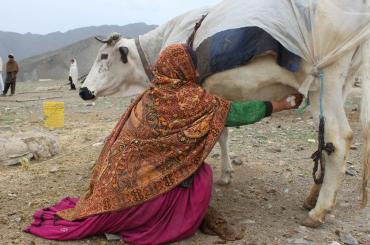
Evaluating the impact of the Targeting the Ultra Poor programme in Afghanistan
Two years after receiving a ‘big push’, women in some of the country’s poorest households perform better across many dimensions, including equality
-
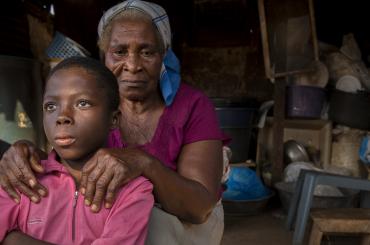
Measuring deprivation: Going beyond income poverty and accounting for premature mortality
A year prematurely lost is as bad as a year spent in poverty. Aggregating these indices offers a more accurate insight into the progress of nations
-
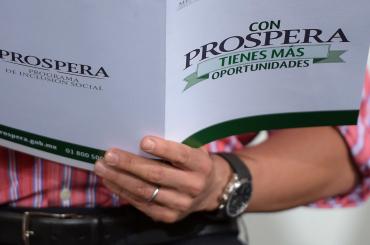
Lessons from Mexico’s poverty reduction programme
Why has the success of Mexico’s poverty reduction programme not been matched by similar programmes in other countries?
-
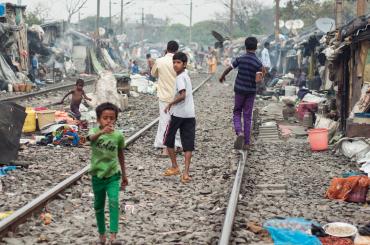
Ending global poverty: Why money is not enough
How can we combat the increasing trend of extreme poverty not being confined to low-income countries, but also affecting middle-income ones?